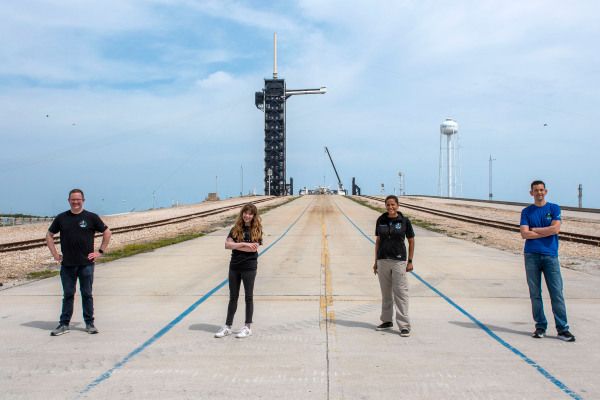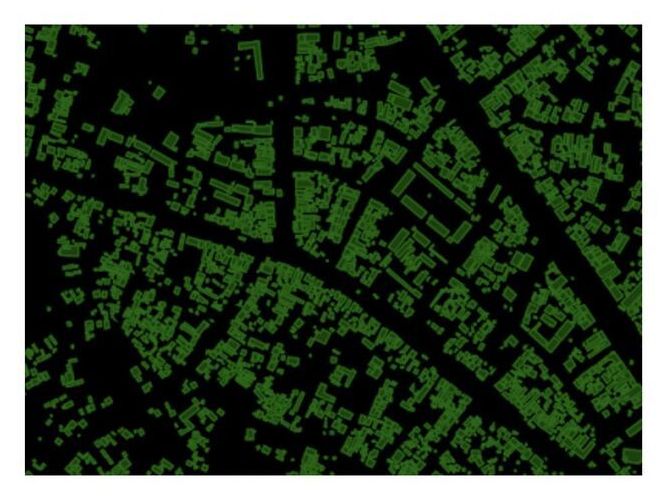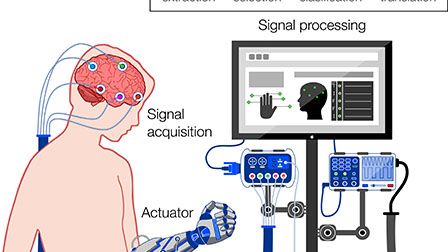Private sector solutions to major social problems — stephanie smith — director, humanitarian & development, mastercard.
Stephanie Smith is a Director, in the Humanitarian & Development group, at Mastercard (https://www.mastercard.us), the American multinational financial services corporation.
Stephanie is responsible for operations of the Humanitarian & Development group at Mastercard, and ensuring the team’s efficient, consistent, and effective delivery against their vision to provide digital tools and access for education, health, commerce, and other critical services for marginalized individuals and communities. The Humanitarian & Development group is focused on driving commercially sustainable social impact in collaboration with governments, NGOs, and other private sector companies.
After graduating from Oxford University, Stephanie began her professional career at a rapidly growing technology company, Applied Predictive Technologies / APT (acquired by Mastercard) delivering analytics software and consulting engagements to Fortune 500s.
Stephanie is particularly passionate about diversity & inclusion and solving social problems, and has experience delivering projects and technologies that drive a lasting social impact.




